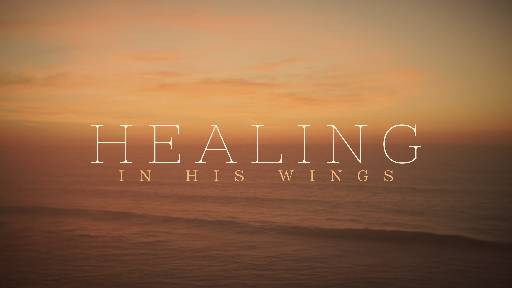-
Being Clever In The Kingdom Of God Series
Contributed by W Pat Cunningham on Nov 28, 2017 (message contributor)
Summary: If we are led by the Spirit of God, then we will find clever ways to advance His mission on earth.
“A humble people you will save, O Lord, and the eyes of the proud you will humiliate, because who is god other than You, O Lord?” The words of the Offertory antiphon we will hear in a few moments.
What is the difference between pride and humility? Let’s consider the last words of the antiphon, which are taken from Psalm 18. “Who is god other than the Lord?” It’s a rhetorical question, isn’t it? There is no god but the One God. All the so-called “gods” of antiquity, and all the idols of modern day, are either lifeless wood and stone and gold or mortal humans. But the psalm tells us what pride and humility are. Pride is really a human being acting as if he were a god, as if he were the arbiter of morality, the one who determines his own destiny, and that of others. When we act like that, we are saying “my will be done on earth, no matter what things are like in heaven.” Humility is the opposite. Those who are humble realize that we humans are but dust and hot air elevated to infinite dignity by the True God, redeemed from our weakness and sin by Our Lord, empowered to do things no human being can ever do alone by the very Spirit of God. If you’ve ever seen the fine film, Rudy, you heard Father Kavenaugh tell the truth: “Son, in 35 years of religious study, I have only come up with two hard incontrovertible facts: there is a God, and I'm not Him.”
The antiphon could be a reflection on St. Paul’s epistle to the Romans: “if you live according to the flesh you will die, but if by the Spirit you put to death the deeds of the body you will live.” Now most people who hear this verse make the mistake of thinking that the word “flesh” refers to our physical bodies–the chemicals put together that we call “flesh and blood.” The Greek word is one that has no good English equivalent: sarx. The word doesn’t mean skin and bones. It refers to the weakened state of our persons after original sin. It means our human weakness, the condition that we try to excuse ourselves with when we make some boneheaded blunder and say, “Well, I’m only human.”
Is that enough? Is it enough to remain mired in our weakened, sin-prone state? It certainly will not make me or you happy. Consider the case of this corrupt steward in the Gospel: as Palestinian custom was in the first century, he dealt in a self-serving manner with his master’s property. When he lent out that property, or leased farmland to sharecroppers, he made them promise payment to meet the master’s needs, but he added a healthy markup that would be for his own benefit. The master got wind of him taking more than was customary and gave him a pink slip. The steward had gotten fat and feckless from years of raking off property, and realized that he couldn’t adapt to unemployment, so he made deals with all the master’s debtors that would give him a leg up when he asked them for help. Jesus’s comments can only mean one thing–why are we, his disciples, not as clever in spreading the kingdom of God as this corrupt servant was in dealing with those customers?
Let’s look at an example from last month. You probably know that our parish needs 2-3 million dollars to pay off our wonderful new Maneth center and family center roof and some other important projects. Commissioner Tommy Calvert requested that one of us clergy come to the Courthouse to offer an opening prayer. I did that last month, both an honor and a service. When he introduced himself before the meeting, he asked me “is there anything I can do for St. Pius?” So I asked him, “Can you help us find two million dollars?” He chuckled and gave me his card and said that he’d come here and help in whatever way he could. I don’t know if what I did was particularly clever, but I do know that we will be calling on him and I can’t imagine that it won’t do some good to do so! Moreover, what if we all asked our friends and family members how they might help in that effort?
Think about the folks you encountered last week, face-to-face or on the phone or by e-mail or Twitter. Is there any one of them who is not made by God for eternal union with Him? Is there any one of them who may need some help in attaining that union? Saint Ambrose tells everyone that Christ promised that He and the Father would come and make their home with you and everyone you meet. All we need to do is “throw wide the gate of [our] heart, [and] stand before the sun of the everlasting light that shines on every man.” But Christ will not “force his way in rudely, or compel us to admit Him against our will.” We are made in the image of God, with free will, and He will not disrespect our free will and drag us kicking and screaming into His home.

 Sermon Central
Sermon Central


